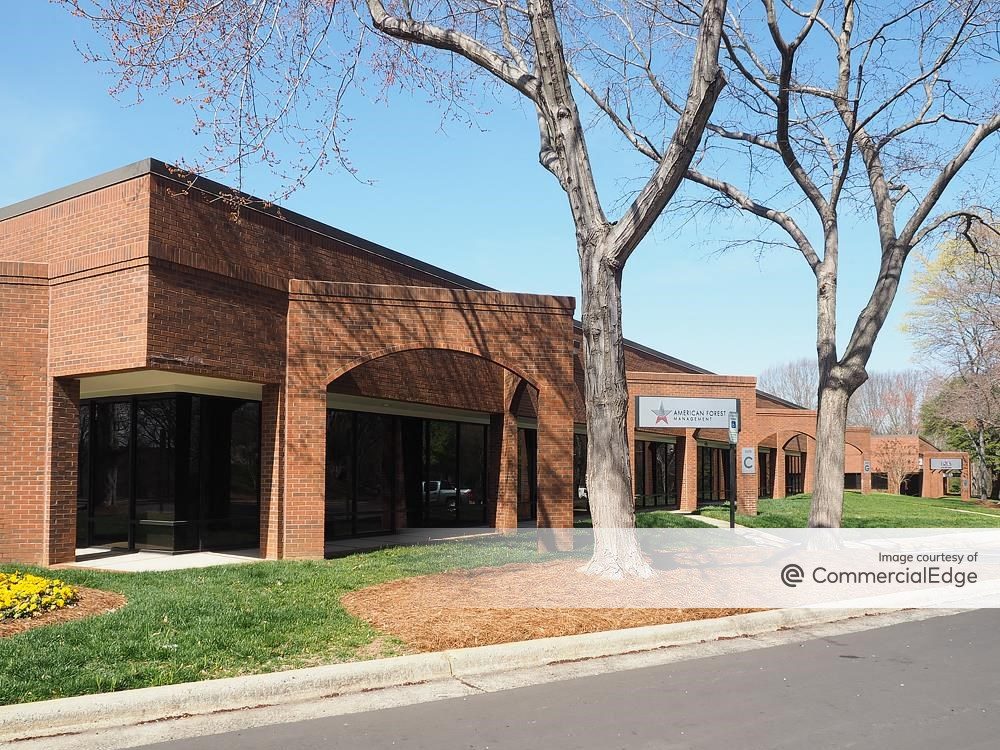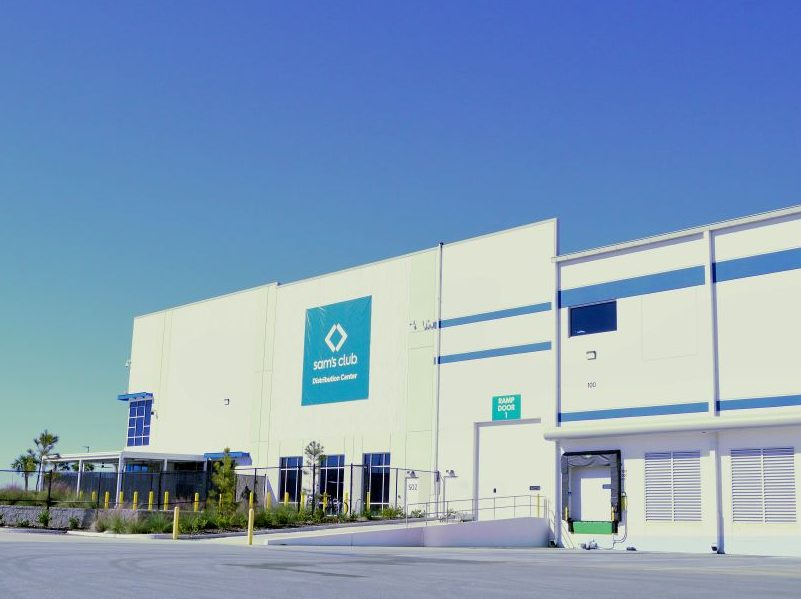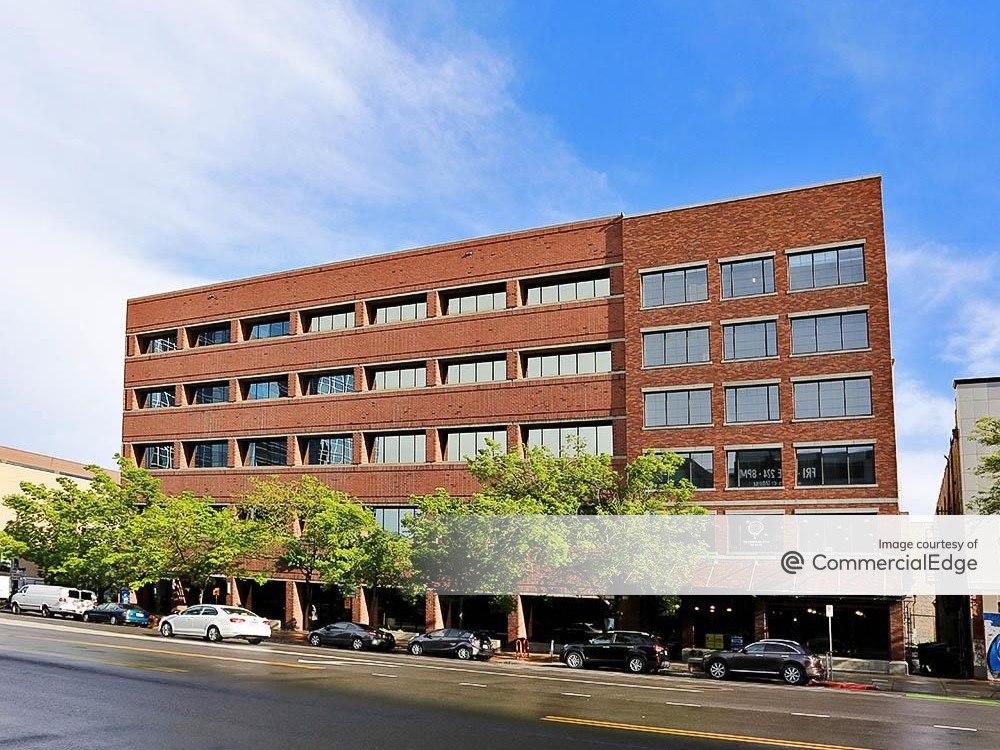Charlotte Office Investment Off to Stronger Start in 2024
The market performed well during the first three months of the year, according to CommercialEdge data.
The Charlotte, N.C., office market witnessed a significantly higher investment activity in 2024’s first three months when compared to the same period last year. The metro remained steady, following the national trends of a slow office pipeline, while the office vacancy rate was one of the lowest among similar markets.

Year-to-date through March, the Charlotte office market had 2.5 million square feet of space under construction across nine properties, representing 2.8 percent of total stock. The percentage placed Charlotte above the national figure of 1.5 percent and the metro also outperformed Atlanta (1.7 percent), Dallas-Fort Worth (2.1 percent) and Phoenix (0.5 percent).
There was not a huge difference from the same period of last year, when the office pipeline had 2.8 million square feet of space, representing 3.8 percent of total stock.
Steady construction pipeline as major projects push through
Notable office projects in the metro include Centene Corp.’s Charlotte headquarters, a development totaling 700,000 square feet in the University City neighborhood. Initially, Centene Corp.’s plans called for a 1 million-square-foot campus representing a $1 billion investment. Ground was broken in 2021 but construction stopped a year later, while in May 2023 it was officially abandoned.
Centene Corp. tapped Cushman & Wakefield to market the project for sale and, in April, Vanguard picked it up for $117 million, planning to make it its regional office. The estimated delivery date was set for January 2025.

Another significant development is the 625,665-square-foot Queensbridge Collective, rising at 1111 S. Tyron St. in the metro’s Midtown South End submarket. The 42-story office tower is built by Riverside Investment & Development and slated for delivery by the end of July 2025. The project is part of the company’s Morehead & Tyron, a $750 million mixed-use community that will include three high-rise properties with luxury multifamily, office and retail space.
The only delivered office property in Charlotte during this year’s first quarter was 110 East, the only Class A office building sited on a light rail platform. Developed by Stiles and Shorenstein Properties, the 370,000-square-foot property was a $186 million project that broke ground in 2022. The joint venture topped out the 23-story high-rise in August last year and delivered it in March.
Sales volume up, still trailing
Year-to-date through March, office sales remained limited in the metro, totaling $53 million, with office assets changing hands at an average of $187.0 per square foot. Across similar markets, Dallas-Fort Worth and Austin led with $159 million in sales volume and were followed by Atlanta and Phoenix, where office investment stood at $73 million.

Charlotte began 2024 with double the amount in sales when compared to the same period last year, when only three office properties changed hands for a combined $25 million.
Notable office deals since the start of the year included ABR Capital Partners’ $11 million acquisition of Scarlet Oak, a 77,069-square-foot office building in Charlotte’s Airport submarket. The Class B office property at 8700 Red Oak Blvd. was sold by Griffin Partners.
In January, a joint venture between Anchor Health and Australian Retirement Fund picked up two medical office buildings in Charlotte and Matthews, N.C., in a three-building portfolio deal. The properties changed hands for a total of $62 million. The Novant & MultiCare On-Campus portfolio includes an 89,000-square-foot building adjacent to the Novant Health Matthews Hospital Campus at 1500 Matthews Township Parkway and a 36,000-square-foot medical office building within Charlotte’s Novant Health Presbyterian Hospital Campus, at 200 Hawthorne Lane.
Charlotte’s office vacancy rate sees slight growth
Charlotte’s vacancy rate clocked in at 14.5 percent at the end of March, up by 320 basis points over the year but still lower than 2023’s highest value—16.1 percent—recorded in September. Furthermore, the metro’s vacancy rate was the smallest when put against similar secondary markets such as Atlanta (16.9 percent), Phoenix at (17.9 percent), Dallas-Fort Worth (21.6 percent) and Austin (22.0 percent).
There were 505,060 square feet of coworking space in Charlotte at the end of March. Across similar markets, Dallas-Fort Worth led with 2.5 million square feet and was followed by Atlanta (2.0 million square feet), Phoenix (1.2 million square feet) and Austin (1.1 million square feet).
On a share of coworking space as percentage of the total leasable office space in the market, Charlotte reached 1.3 percent, below the national figure of 1.8 percent, while Atlanta led with 2.1 percent. Year-to-date through March, the flex office provider with the largest footprint in Charlotte was Regus, with 156,937 square feet. The operator was followed by Hygge, with 92,837 square feet, and WeWork, with 86,000 square feet.







You must be logged in to post a comment.